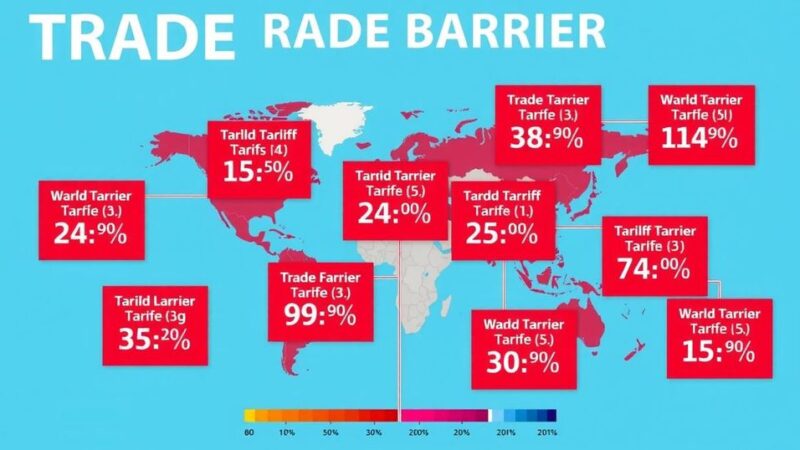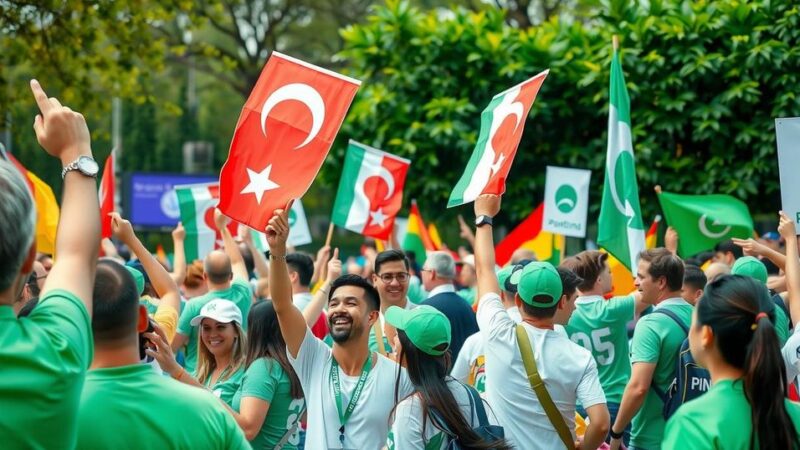Mozambique’s political landscape is fraught with tension following the inauguration of Parliament on January 14, 2025, and the upcoming presidential inauguration. Opposition leader Venancio Mondlane of PODEMOS rejects the election results endorsed by the Constitutional Council, which adjusted vote percentages. The political strife has resulted in considerable violence, with calls for a national unity government to restore peace.
On January 14, the new Mozambican Parliament convened, following the general elections held on October 9, 2024. Opposition parties, contesting the election results, did not attend the inaugural session, leading to heightened tensions prior to the inauguration of President Daniel Chapo of FRELIMO, whose victory was confirmed by the Constitutional Council on December 23, 2024. The opposition, specifically the PODEMOS party led by Venancio Mondlane, has disputed these results despite the Council’s affirmation that discrepancies existed without affecting the results’ validity.
The Constitutional Council’s adjustments designated PODEMOS with additional deputies and altered Mondlane’s vote percentage from 20% to 25%, while reducing Chapo’s votes from 70% to 65%. Mondlane, who recently returned from exile in South Africa after allegedly surviving an assassination attempt, has proclaimed himself as “President” despite the Council’s ruling. This electoral dispute has incited violence and protests nationwide, resulting in over 300 fatalities and many injuries, according to various non-governmental organizations.
Mondlane’s steadfast commitment to his cause is underscored by his willingness to “die for the cause,” motivated by his strong religious beliefs as an evangelical from a Brazilian background. In an effort to resolve the ongoing crisis, discussions are underway regarding the establishment of a national unity government, potentially appointing Mondlane as Prime Minister. (L.M.) (Agenzia Fides, 14/1/2025)
In conclusion, Mozambique faces significant political unrest following the recent parliamentary inauguration and the impending presidential swearing-in. The refusal of opposition parties to participate, coupled with the Constitutional Council’s contested adjustments to electoral results, has aggravated tensions, leading to violence and instability. The future of Mozambique may hinge upon the potential formation of a national unity government, which could include opposition leaders in efforts to restore peace and governance.
Original Source: fides.org






